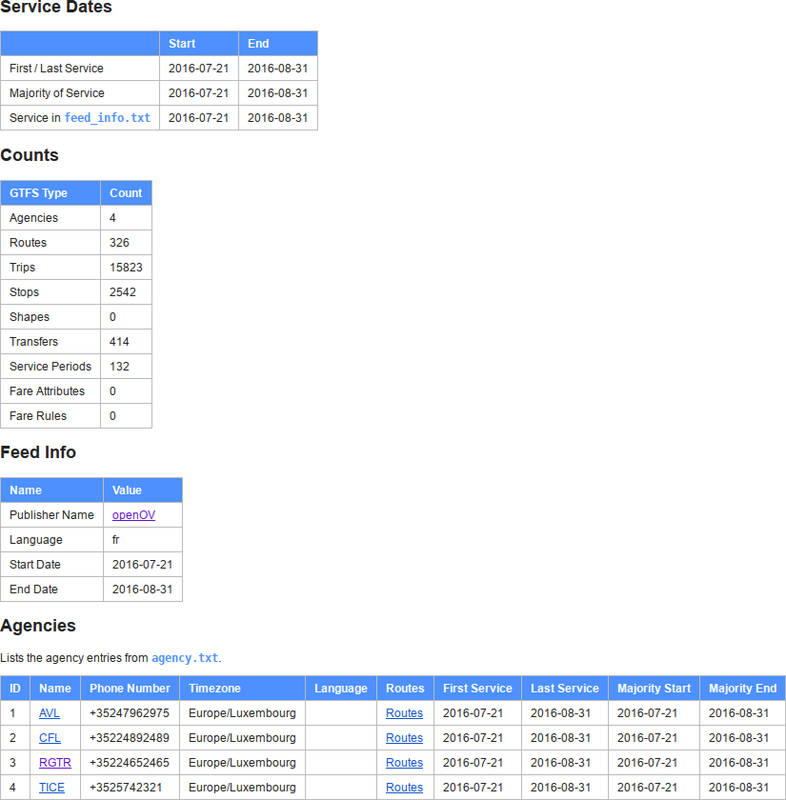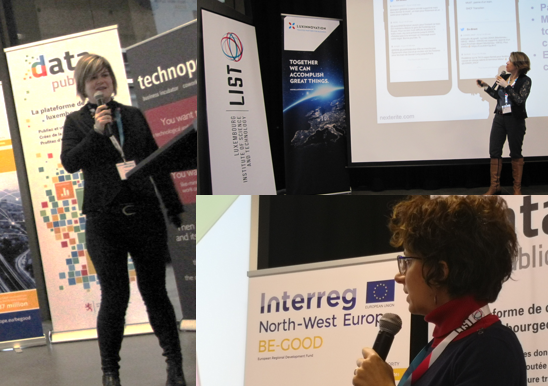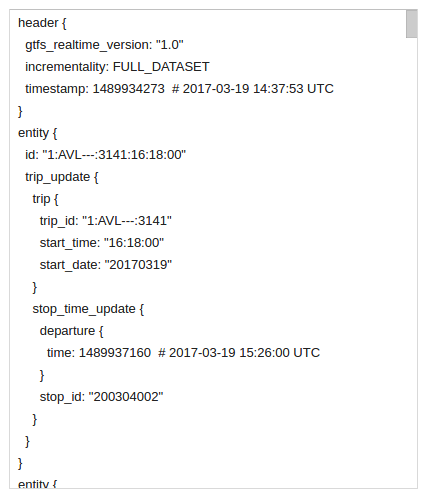
Open Data seeking reusers - Episode 1 - "On the road again" mobility & transport issues in Luxembourg
Publié le 15 février 2019
Open Data seeking reusers - Episode 1 - "On the road again"

On January 25th, 2019, the Luxembourg Institute of Science and Technology (LIST) has organised, in partnership with Digital Luxembourg, Interreg NEW project BE-GOOD, Data.public.lu, Luxinnovation and Technoport, the first round of a series of workshops dedicated to Open Data in Luxembourg:
In front of a large audience of around 40 attendees coming from the whole Open Data ecosystem in Luxembourg, and after a short welcome speech by Slim Turki, Researcher at LIST, Raymond Feron (Rijkswaterstaat, NL), Program Manager, started the conference with a short presentation of BE-GOOD, an Interreg NEW project, which aims at unlocking, re-using and extracting value from Public Sector Information (PSI) to develop innovative data-driven services in the area of infrastructure & environment.
Then, Vanda Turczi (Orléans Métropole, FR) and Edith Nuss (Nexterité, FR) shared their feedback concerning the BE-GOOD challenge “Continuity of Traffic”. During the presentation, they highlighted the main steps of their collaboration, from the definition of the scope of the challenge through the involvement of the main stakeholders, the list of their expectations, the identification of data available and data required, to the design of the solution considering the users, their needs and habits, and also the problematic of gathering data in an homogeneous and usable format to fulfil the challenge expectations.
To conclude the conference part of the session, Marina Alleti (Département du Loiret, FR) introduced the challenge “Safer Road”, which aims at helping decision makers to objectively steer their actions in the field of road safety, improving coordination and anticipation, and bringing consistency to interactions with the citizens by providing them a better service and better prevention when organizing their everyday life. She explained the different steps to publish a call for tender, and also the difficulties they encountered and how they improved their work for a second publication.
The second part of the workshop was dedicated to discussion about the use and re-use of Open Data for mobility and transport issues in Luxembourg, Including the possibilities of transposition of the BE-GOOD use cases previously presented In Luxembourg.
Considering the availability – re-usability and needs of open mobility data in Luxembourg:
We are missing a centralized incident management tool (like the one handled by RWS in the Netherlands), that is even more important as the network is partially vulnerable (e.g. few solutions if there is a problem on the motorway to Belgium). There are other problems, e.g. in Kirchberg as there is no traffic buffer.
Police has raw data, transfers them to Administration des Ponts et Chaussées, but for the moment, these raw data may not be published as open data, only in statistical form.
Netherlands’ representative tells that to be successful, this kind of system requires an easily shareable information, to rally all the relevant providers from the beginning and to encourage their participation highlighting the benefits they could bring from it for their regular duties.
A participant states that roadworks are not coordinated. Administration des Ponts et Chaussées is holding and publishing these data, but only for the part of the network for which they are in charge, 2nd level of roads is not covered. More generally, municipalities do have a high level of autonomy, it would rise some difficulties to introduce that kind of system at the national scale. Even if municipalities data might also raise some interoperability issues pertaining to models or formats, their data are valuable as main and secondary are quickly overloaded.
Moreover, a crowdsourcing approach could feed this tool, with social media data, a participation of Police, Post (and other delivery services) to feed a system, as well as more structured data coming from Coyote, Waze or TomTom.
As noted by participants, similar experiments in France allowed to state that around 50% of reported accidents are actually false accidents. Hence the need of a cross-checking approach.
Some participants stress also the importance to have real time data, for example concerning parking. The latter are already publicly available for Luxembourg Ville. This point shall be stated in the parking management contracts. One shall also take into account whether these facilities do have the right system to produce, handle and share these data. Another participant stressed the need to have an alignment of the data format models, which requires standardization. A good example is DATEX2 which enhances the re-usability and comparability of data.
Some participants compare also the data availability with other countries, emphasizing for example that there is a lack of social data (in comparison with the UK), maybe because of the GDPR.
Other kinds of mobility could also be considered. For example, one company is working in Israel to park the scooters. It remains difficult to integrate bicycles & soft mobility in a common system, especially in a data ecosystem.
Replication of the challenge “Continuité du Trafic”, for a (test) replication of this BE-GOOD challenge in Luxembourg.
A large range of required data are already available. ACL has also relevant data and is interested by a replication and might participate. Pertaining to the current set of data used, they report some problems with the use of roads-cameras (freeze frames). They gave also an agreement to use (but not to release) Waze and TomTom data. They use to crosscheck their information with Police and Ponts et Chaussées through phone calls.
Use of Open Data in research
National Open Data portal pleads to proceed a fuller linkage of research projects and Open Data they re-use. They emphasize also that as intermediaries, they may help to provide a lot of open data in specific topics. Among the mentioned projects, participants mentioned a multi-modal journey planner. Other project aims to integrate all Open Data and put data analytics, especially to build multimodal models to understand how people choose their means of transport, including the use of a tangible table. A national project will envision better plan buses journeys and helping to decide which lines to electrify first. LIST and SnT mention a future project, a decision-making tool.
To be continued…
Other workshops will be organised. Feel free to share all your suggestions with:
slim.turki@list.lu or prune.gautier@list.lu

